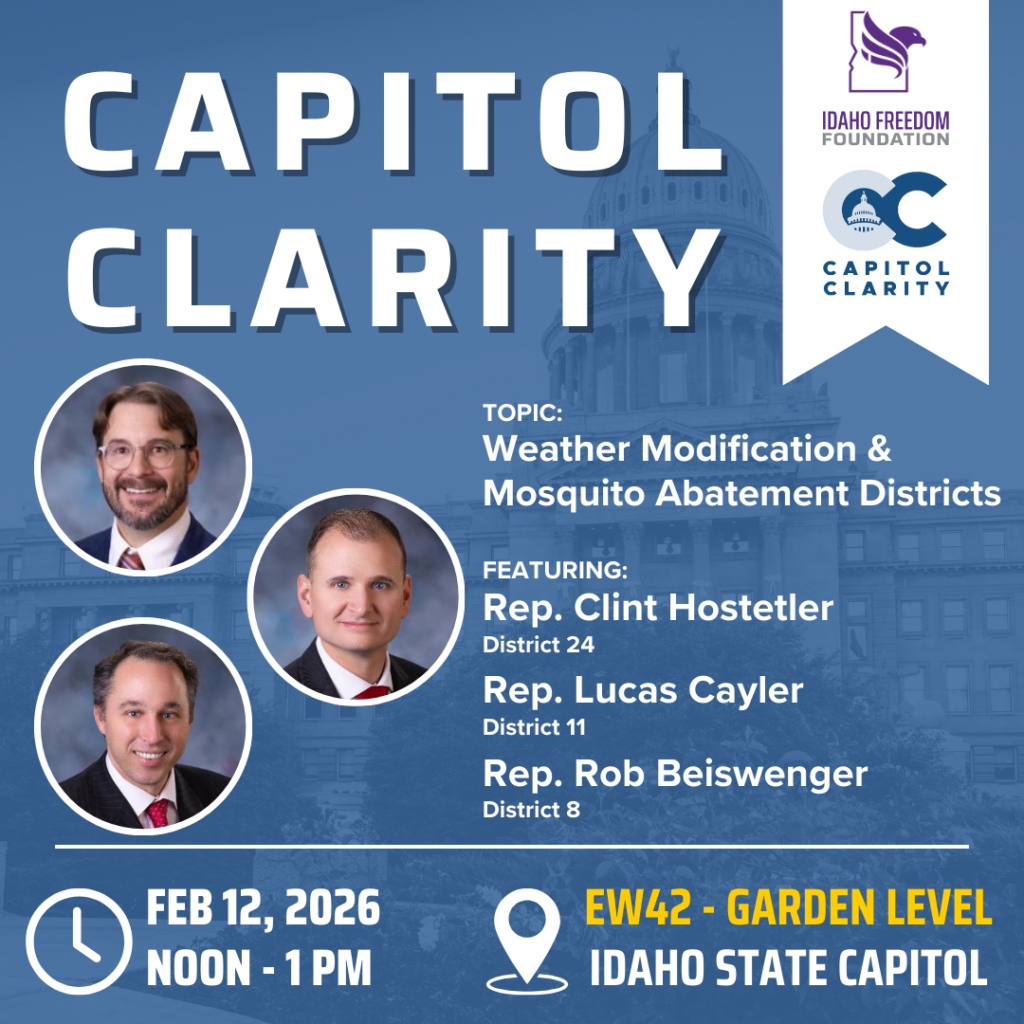
Bill description: HB 523 is an update to the career ladder allocation model and includes additional state funding for school districts and charter schools.
Rating: -2
Does it increase government spending (for objectionable purposes) or debt? Conversely, does it decrease government spending or debt?
H523 is a five-year commitment to an expanded Career Ladder funding system with a projected cost of $225 million, which will be the added ongoing cost at the end of FY25. These salary increases will become statutory requirements and will be considered nondiscretionary spending. It is not prudent practice to build pay increases into statute for this much time.
(-1)
Does it increase government redistribution of wealth? Examples include the use of tax policy or other incentives to reward specific interest groups, businesses, politicians, or government employees with special favors or perks; transfer payments; and hiring additional government employees. Conversely, does it decrease government redistribution of wealth?
This bill would lock certain expenses into the education system’s current operating structure. It would obligate taxpayers into paying more for public schools while offering no benefit to families who would like to use alternative approaches to educating their children. In the 2014 fiscal year, the Legislature appropriated $1 billion to K-12 schools as a statutory obligation. By the 2020 fiscal year, the state spent about $1.5 billion on K-12 schools through obligations laid out in state law. (There was also additional discretionary spending, such as for the math initiative.) This bill would add $225 million into the type of spending that is considered mandatory. As a result, the Legislature would have less flexibility for making changes in its priorities in education or elsewhere.
(-1)
Does it increase barriers to entry into the market? Examples include occupational licensure, the minimum wage, and restrictions on home businesses. Conversely, does it remove barriers to entry into the market?
This legislation would put a series of stipulations and requirements on teachers looking to enter the new career ladder rung of “advanced professional endorsement.” These stipulations and requirements make it so that an excellent teacher who doesn’t meet the criteria would be denied the extra pay benefits contemplated by the bill.
(-1)
Does it in any way restrict public access to information related to government activity or otherwise compromise government transparency or accountability? Conversely, does it increase public access to information related to government activity or increase government transparency or accountability?
The bill does establish that the allocations paid by the state are minimums, beginning in 2022 and 2025, for the professional and the advanced rungs, respectively. One of the major defects of the original Career Ladder allocation was that districts could actually pay teachers less than the state monetary allocation they received for that particular teacher.
(+1)
Analyst’s note:
The Idaho Freedom Foundation has done extensive research on the Career Ladder. Although this bill addresses some of our findings, it does not repair the core problems of the Career Ladder. On page 3, lines 28-48 of this bill, the updated language notes that achievement targets should be closest to the actual work performed by educators. However this language is effectively nullified with the phrase, “targets may be based,” and includes “assessment tools that may be used.” This language is not an enhancement.
Lines 11-20 of page 4 adds performance criteria for “advanced professional compensation.” But, given recent experience with uniform teacher performance evaluations at many districts, and the ill-defined measurements of student achievement, this may not lead to improved performance.
The bill language could have stopped the practice of giving teachers extra pay for having more college credits, since having more credits, or even an advanced degree, is no guarantee of teaching excellence. However, the provisions for extra pay were left in state law, as were across-the-board pay increases. Additionally, the national board-certification allotment is retained.
The bill does nothing to address the pay disparities between urban and rural districts. The former can continue to use this allocation schedule to further pad their local contracts.
There are alternatives to simply adding more money to the Career Ladder. The Legislature could include a one-year pay raise (via the Change in Employee Compensation process). In a future session, the system of paying teachers could be rewritten to simplify the pay allocation schedule and reward excellent teachers. We should pay teachers not on their credentials and time on the job, but on their excellence.



